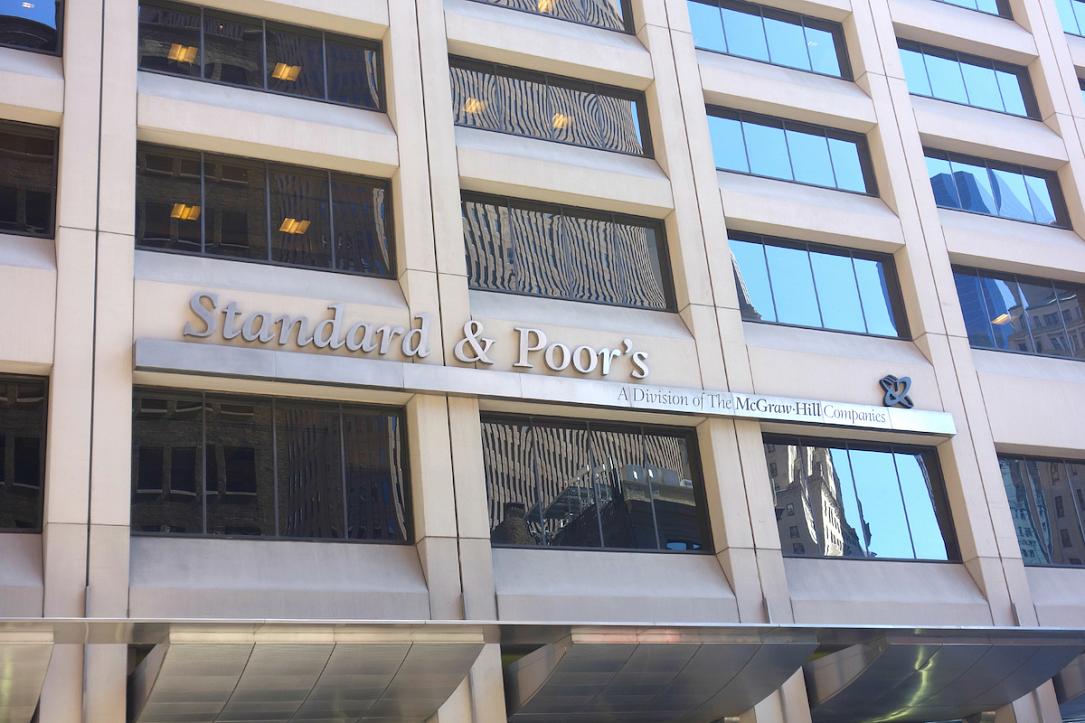S&P keeps Romania’s rating in investment-grade area



International rating agency S&P affirmed, on June 5, Romania's sovereign credit ratings at BBB-/negative, thus keeping the country in the investment-grade category.
Expectations for sovereign downgrade were significant, although maintaining the status quo was the baseline scenario.
Still, S&P kept the negative outlook and cited risks to the country's fiscal and external balances over the next 18 months unless policymakers stabilize and consolidate the budgetary stance after this COVID-19-induced recession. Romania's National Bank (BNR) is assumed to remain supportive as well.
Keeping Romania in the investment-grade region came in line with the positive sentiment investors showed in the EUR 3.3 billion Eurobonds issue in May, which was heavily oversubscribed.
"Romania's access to external financing and still moderate external debt levels mitigate pressures from a reduction in foreign direct investment (FDI) and remittances in 2020," S&P said in a press release.
The rating agency expects the economic and fiscal fallout induced by COVID-19 to push Romania's net government debt to 43% of GDP in 2020, and interest spending to increase to just below 5% of the fiscal revenues, but it assumes significant budgetary consolidation after the 2020 general elections. The forecast sketched by S&P includes 5.5% GDP contraction this year and only partial recovery in 2021, followed by a moderate 3% per annum growth in the years to come.
The agency expects Romania's public deficit to reach 8%-of GDP this year. Shrinking foreign direct investments and remittances will deteriorate the structure of the current account deficit. However, the forecast envisages a steady recovery.
The public gap should narrow to 3% of GDP in 2022 - in line with the European Commission's recommendations. The current account deficit will remain under 5% of GDP, while the public debt to GDP around 46% of GDP remains moderate.
S&P also assumes BNR will play a key role in maintaining macroeconomic stability. "We expect the BNR will proceed with caution to balance its inflation-targeting regime and foreign exchange rate considerations amid an expanding quantitative easing program," the rating agency's press release reads.
S&P was the first of the three major rating agencies to revise Romania's outlook to negative, last December - based on expected fiscal deterioration after the Liberal Party (PNL) formed a new government that announced shortly 4.6%-of-GDP budget deficit. The fiscal deficit has further deteriorated with the COVID-19-induced economic slowdown and related costs.
S&P's decision confirms the country's solid market access and assumes fiscal consolidation after elections. It gives Liberals a chance to run on equal footing with Social Democrats in the polls by backloading the huge commitments taken by the Government. Expectations for a sovereign rating downgrade after the elections remain significant, until the Liberals sketch credible policies.
(Photo: Bigapplestock/ Dreamstime)
editor@romania-insider.com